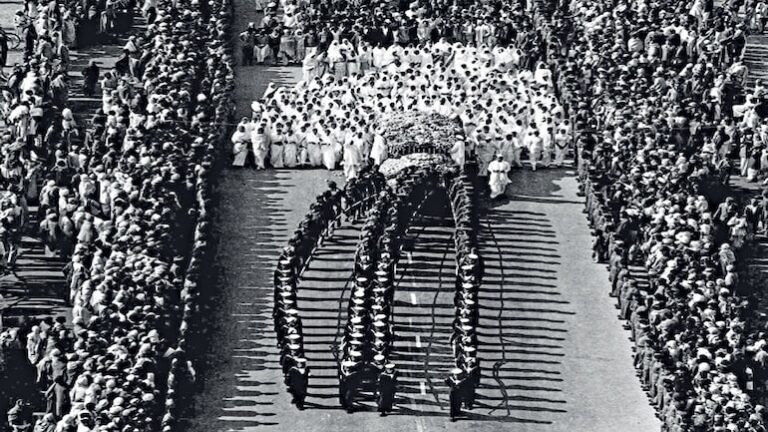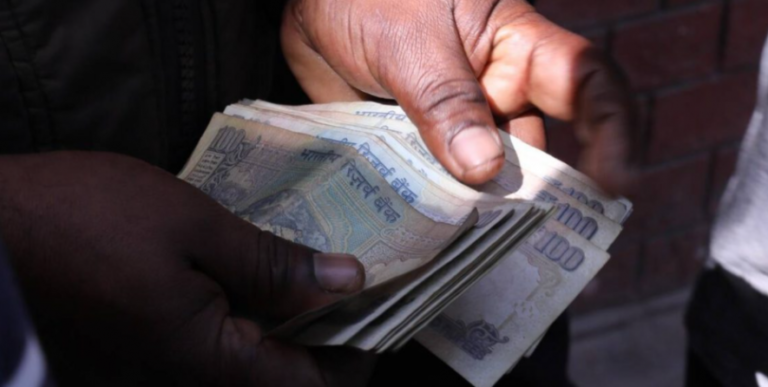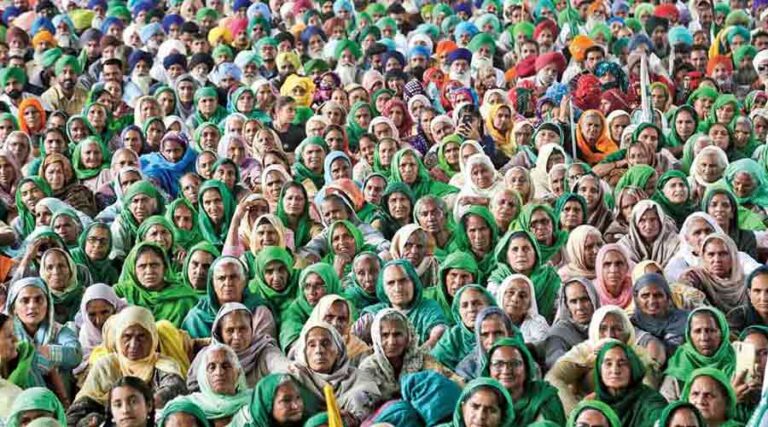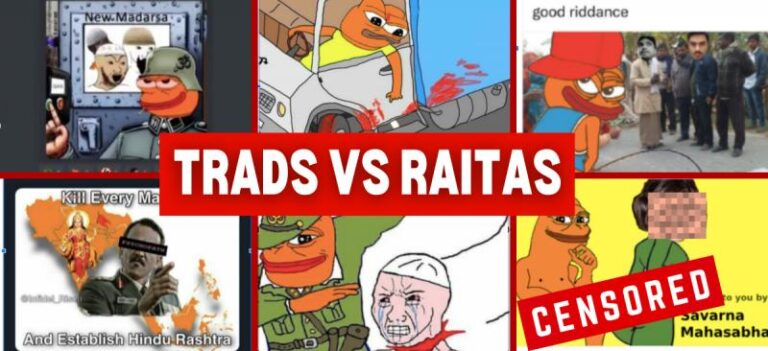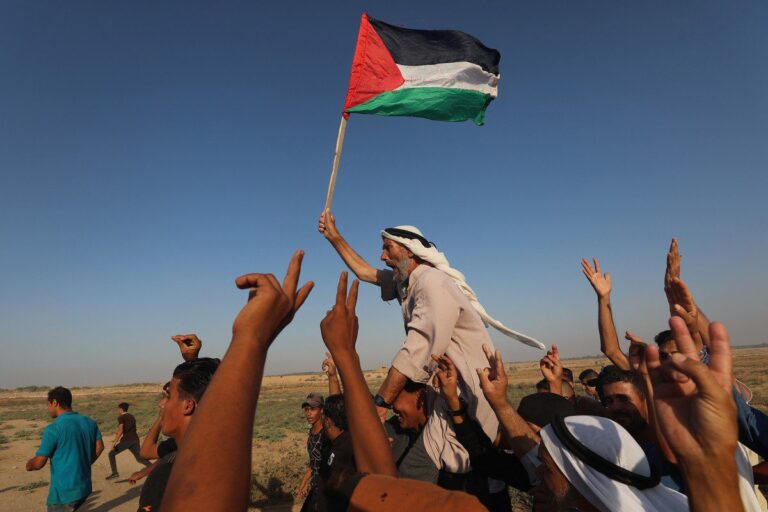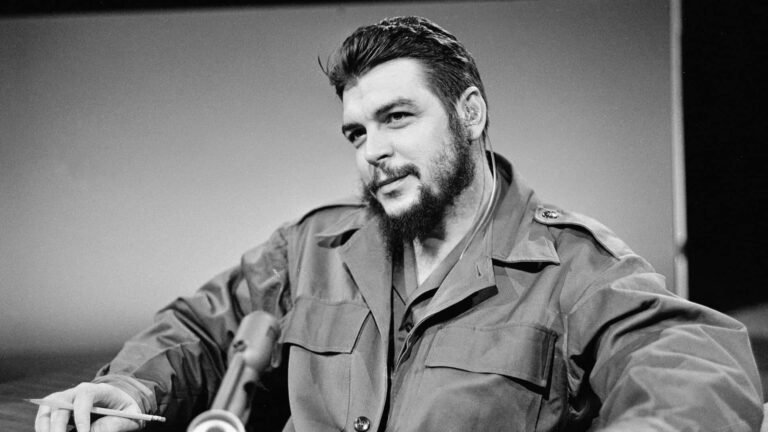“My Father, Do Not Rest”: Broadcast on All India Radio, February 1, 1948
On 1 February 1948, two days after Mahatma Gandhi’s assassination by Hindutva fanatics, Sarojini Naidu gave an impassioned speech on All India Radio, calling on the nation to remember the Mahatma’s death as a pledge to right action. Her address.
